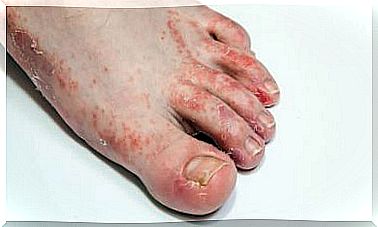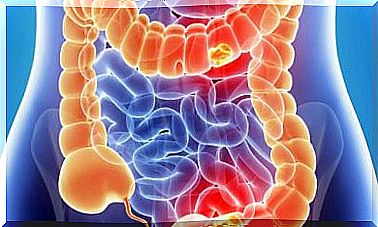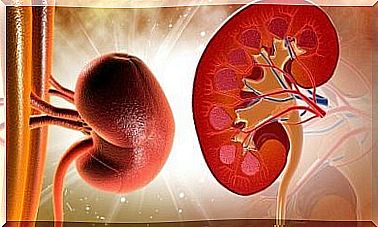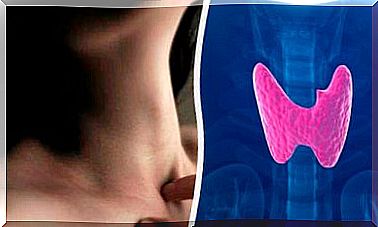What Is Asthma?
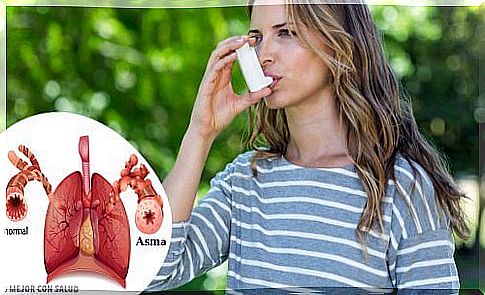
Asthma is a chronic disease of the respiratory system.
Faced with certain endogenous (internal) and exogenous (environmental) stimuli, the smaller airways reduce their diameter. That is to say that the bronchi are reduced but also the air flow to the lungs.
The origin of the problem is rather complex and involves irritation, inflammatory processes, intermittent obstructions and bronchial hyperactivity or an increase in the broncho-constrictor response of the airways.
Many patients have mild and irregular symptoms. However, some tend to have complications, called “asthma attacks”, in which the discomfort appears more severe and longer. As a result, breathing is difficult.
Who is affected by asthma?

According to information from the World Health Organization (WHO), approximately 235 million people in the world suffer from asthma, which corresponds to 5% of the world population.
Regardless of the degree of development of countries, it is necessary to point out that about 80% of deaths from asthma occur in countries with poor health services.
Asthma is a disease found in all countries and affects people of all ages, although it appears more frequently in childhood. At this stage, cases of asthma are often associated with allergy problems.
Causes of asthma
The origin of asthma is not properly determined. However, it is important to distinguish etiological factors (such as genetics) from triggers which, although they do not in themselves produce the disease, are responsible for some seizures in diagnosed patients.
Etiological factors
- Genetic components. Family history of asthma or allergies and breathing difficulties.
- Exposure to allergens. Because of substances that produce allergies and respiratory problems. The most important are:
- Microscopic fungi (product of moisture)
- Pet dander, coat and skin
- Fabrics (such as wool)
- Tobacco
- Sawdust
- Mites
- Dust
- Pollen
Triggers

The triggering factors, those associated with the onset of symptoms, are generally environmental. Here are some of them:
- Viral infections
- Tobacco smoke
- Celiac or gluten intolerance
- Polluted environments and poor air quality
- Sudden changes in climate (intense cold, humidity or snow)
- Prolonged use of certain antibiotics and medications
Symptoms of asthma
Symptoms can appear mild or chronic, depending on each patient. In the majority of cases depending on the activity of the immune system.
If they manifest themselves according to the type of asthma and the level of severity, the person generally suffers from:
- Cough. It is usually itchy, with little mucus, and sometimes completely dry.
- Difficulty in breathing. This usually happens during training or very demanding physical activities. In severe cases it appears while speaking, or even at rest.
- Whistling in the chest. These sounds occur because of the passage of air through the narrowest airways. They are easily detected by exploring the channels with a phonendoscope.
Here are some other symptoms to consider:
- Feeling tired
- Pain and irritation in the throat
- Feeling of pressure in the chest
- Irregular breathing (faster or faster than normal)
- Nasal congestion (thick mucus, difficult to get rid of) and sneezing
- Difficulty walking or speaking because it is very difficult to breathe (symptom of severe cases)
Asthma diagnosis

The diagnosis of this disease begins with an evaluation of the clinical setting, family history and other antecedents, which mainly assess the risk factors. In the event that the patient has already been diagnosed, previous seizures are evaluated.
Many cases are related to allergy problems, which is why a case of rhinitis or eczema assumes the presence of the disease in the patient. In addition, the doctor may request the following examinations to clarify the diagnosis:
- Allergic examinations
- Blood tests
- Pulmonary function tests
- X-ray of the chest and paranasal sinuses
- Blood gas measurement (when the asthma attack is severe)
Treatment

Unfortunately asthma is one of the chronic diseases that has no cure. However, there are treatments that help control it. The goal of treatment is to reduce the severity of the condition as well as the recurrence of symptoms.
The objectives of the treatment are:
- Prevent and relieve chronic symptoms such as cough and difficulty breathing
- Help keep the lungs functioning properly
- Reduce the need for medication that relieves quickly
- Avoid chronic attacks
Medical treatment includes:
- Anti-inflammatory drugs : corticosteroids are the most widely used (beclometasone, budesonide, fluticasone).
- Bronchodilators : These contain beta-2 agonists (salbutamol, terbutaline, salmeterol and formeterol), anticholinergics (ipratropium bromide) and methylxantines.
- Antihistamines : while they do not control the disease, they are useful in neutralizing allergic symptoms.
It is also important to follow an action plan that includes the following measures:
- Take medications correctly, at the right times and according to medical recommendations
- Consult immediately when necessary
- Knowing how far the disease is under control
- Avoid triggering environmental factors
- Know how to take care of yourself while playing sports

